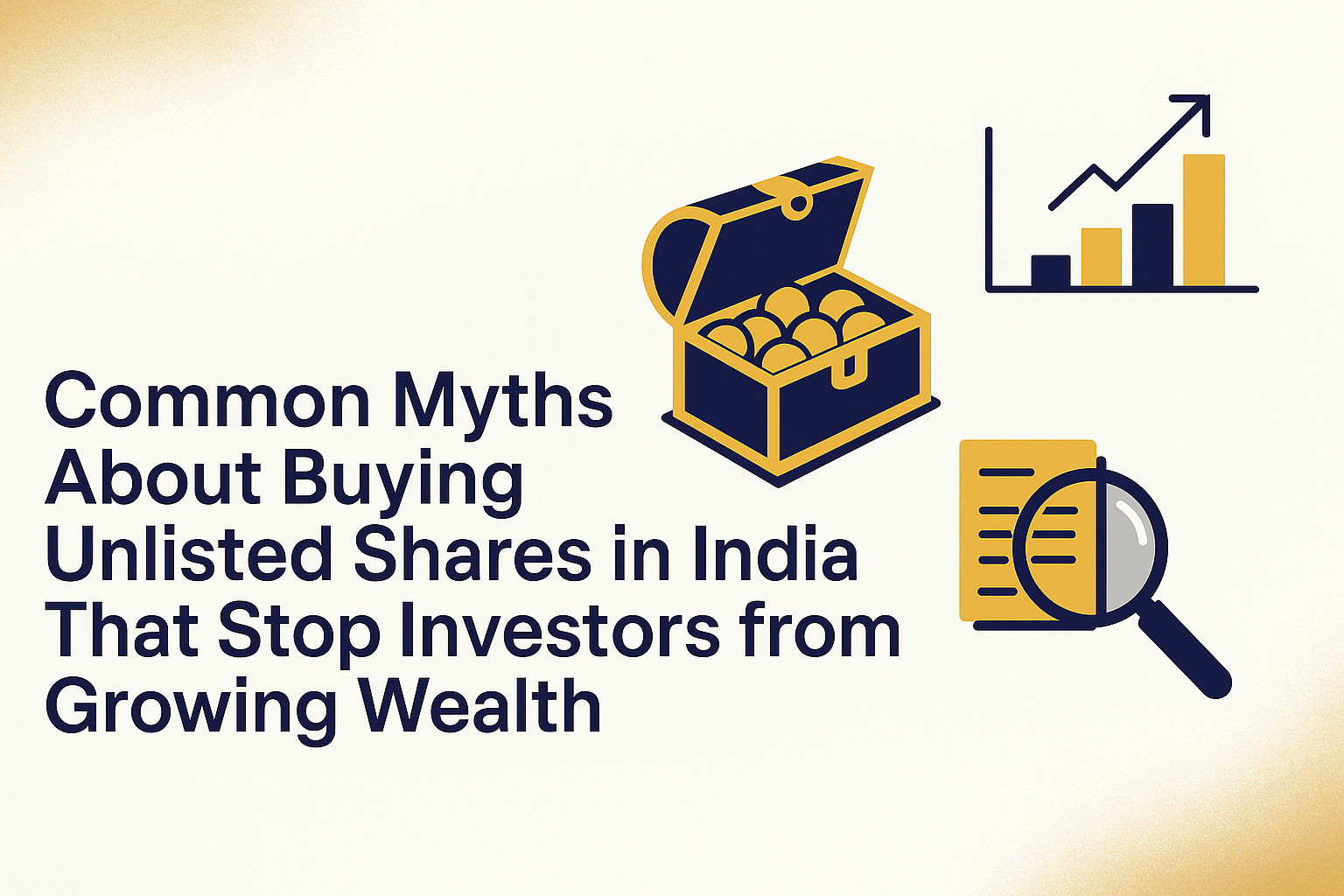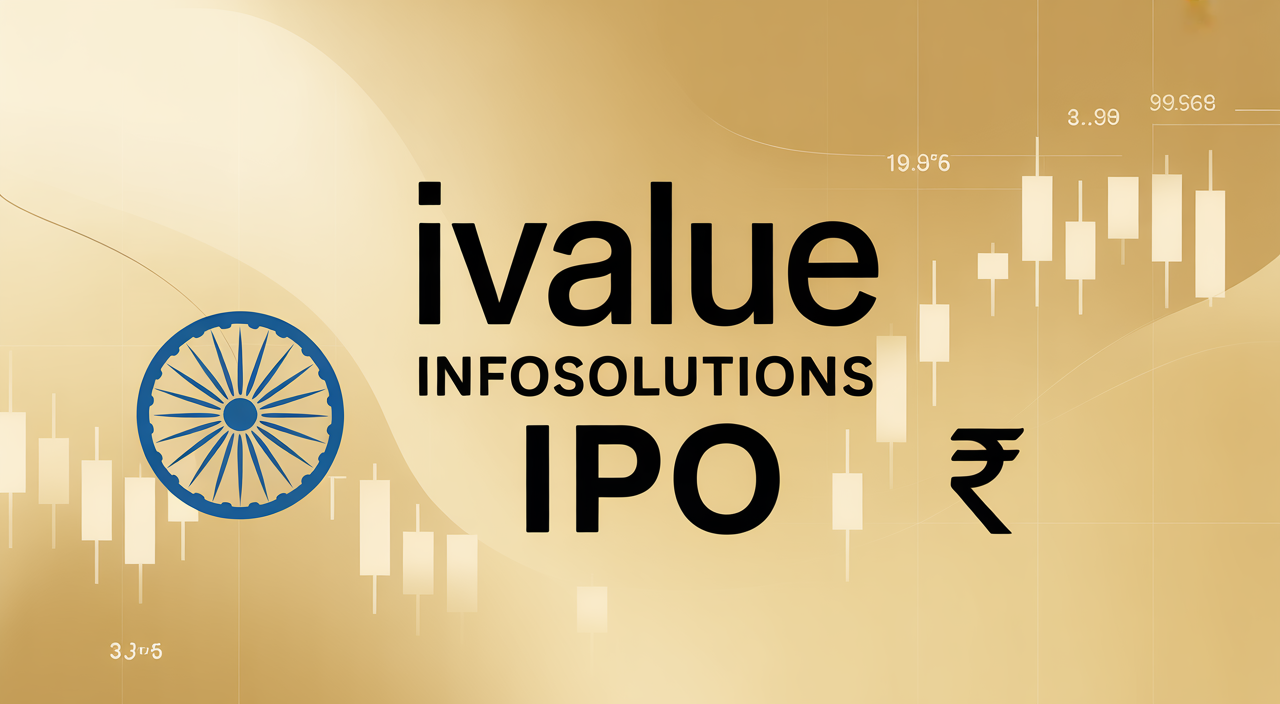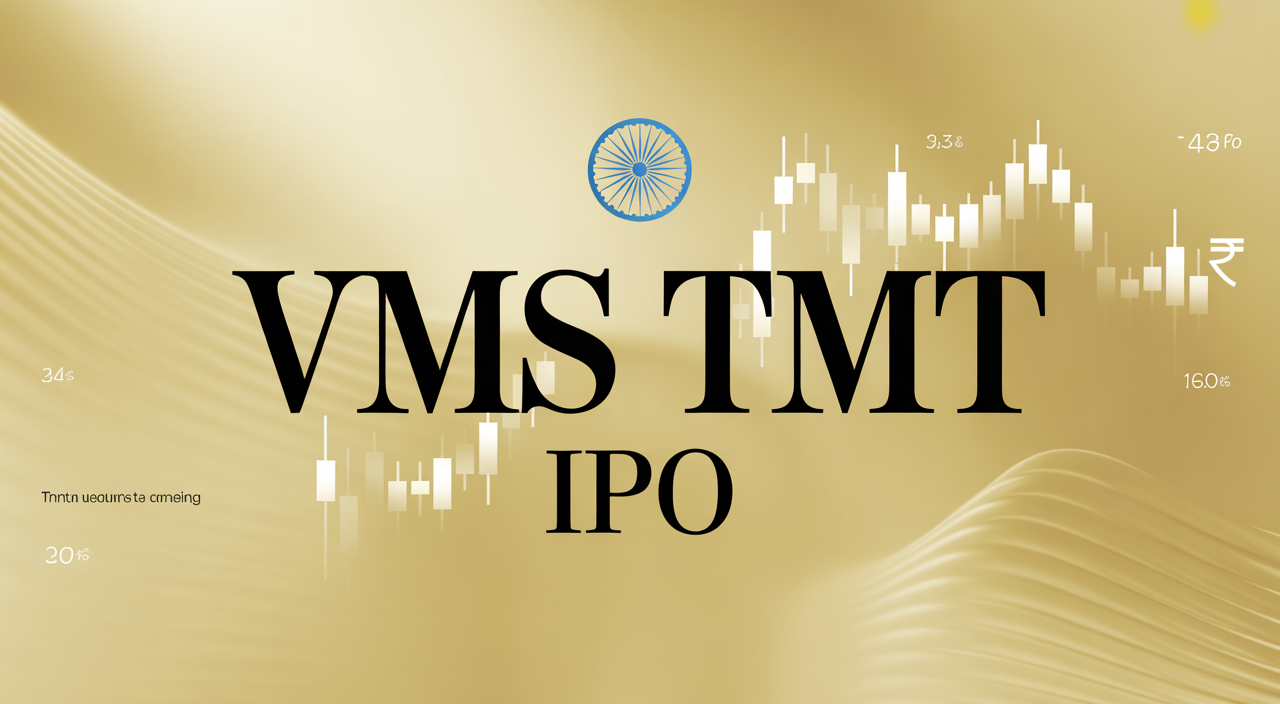Are you a savvy Indian investor always looking for the next big opportunity? Perhaps you’ve heard whispers about unlisted shares – the chance to invest in a promising company before it becomes a household name. It sounds exciting, right? Yet, many smart investors hesitate.
Why the hesitation? Often, it’s because of common myths and misunderstandings. These misconceptions can create fear and uncertainty. They stop people from exploring a segment of the market that could significantly boost their wealth.
This article aims to clear the air. We will systematically debunk the most prevalent myths about buying unlisted shares in India. Our goal is to empower you with facts, so you can make informed decisions and unlock new avenues for wealth creation.
What Exactly Are Unlisted Shares?
First, let’s understand what we’re talking about. Unlisted shares are simply the shares of companies that are not yet traded on public stock exchanges like NSE or BSE. They are also known as private company shares or pre-IPO shares.
Think of it this way: when a company is new or growing, it raises money from private investors. These investors get shares in return. These shares are “unlisted” until the company decides to go public with an Initial Public Offering (IPO).
The allure of unlisted shares is clear. You get to invest in a company’s growth story at an early stage. This means you could potentially see much higher returns if the company performs well and eventually lists on an exchange.
Myth 1: Unlisted Shares are Only for Ultra-Rich Investors and Institutions
This is perhaps the most common myth. Many believe that the unlisted market is exclusive, reserved only for High Net Worth Individuals (HNIs), venture capitalists, or big financial institutions. This idea often makes regular investors feel left out.
The Reality: While it was largely true in the past, the landscape has changed dramatically in India. Today, dedicated online platforms and intermediaries have made it much more accessible. These platforms connect retail investors with sellers of unlisted shares, allowing even individuals to invest in a promising startup’s early growth story, much like a larger fund might. Minimum investment amounts have also become more flexible, meaning a wider range of investors can now explore opportunities in this exciting space and gain exposure to high-growth potential.
Myth 2: The Unlisted Market in India is Too Risky and Completely Unregulated
Another major concern is the perceived lack of regulation. People often think the unlisted market is a “wild west” with no rules, making it inherently dangerous. They worry about fraud and losing their entire investment.
The Reality: All investments carry some risk, and unlisted shares are no exception. They can indeed be more volatile than listed stocks. However, saying the market is “completely unregulated” is far from the truth.
While unlisted shares aren’t regulated by SEBI in the same way as listed ones, they are still governed by India’s Companies Act, 2013. This Act ensures legal compliance, share transfer rules, and proper documentation. Reputable platforms that facilitate these transactions also follow strict protocols for due diligence and transparency. While your primary safeguard remains thorough research, choosing a reputable platform also acts as a crucial layer of protection in this evolving market.
Myth 3: You Can’t Easily Buy or Sell Unlisted Shares (Poor Liquidity is a Deal Breaker)
Many investors fear that once they buy unlisted shares, they’ll be stuck with them forever. They worry about not being able to sell their shares when they need to, making them an illiquid asset.
The Reality: It’s true that unlisted shares are less liquid than listed ones. You can’t just click a button and sell them instantly like on a stock exchange. However, a vibrant secondary market for unlisted shares has emerged in India.
Specialized platforms and brokers now facilitate the buying and selling of these shares. They act as intermediaries, connecting buyers and sellers. While it might take a little longer to find a buyer, many investors successfully exit their positions, often around IPOs or other strategic events. Thinking of it as a long-term investment helps manage this aspect. To truly understand the process of investing in private companies, it’s wise to learn from experts.
Myth 4: Valuation of Unlisted Shares is Pure Guesswork and Manipulative
The valuation of unlisted companies can seem like a mystery. Without daily stock prices, investors worry about overpaying or being misled about a company’s true worth. This often leads to distrust.
The Reality: Professional valuation methods are very much in play for unlisted companies. Experts use standard techniques: Discounted Cash Flow (DCF), Net Asset Value (NAV), and relative valuation (comparing to similar listed companies). They also factor in recent funding rounds by venture capitalists.
Reputable platforms and advisors will provide detailed financial reports and valuation analyses. It’s crucial for you to review these documents, understand the company’s business model, and look at key financial metrics. This helps you determine if the price is fair.
Myth 5: It’s Impossible to Get Reliable Information on Unlisted Companies
Since unlisted companies don’t publish quarterly results like listed ones, investors often assume there’s no way to get reliable information. They believe they would be investing blindly, which is a significant deterrent.
The Reality: While information isn’t as readily available as for public companies, it’s not a complete black hole. Companies House filings (from the Ministry of Corporate Affairs or MCA), detailed industry reports, business news articles, and expert analyses provide a wealth of valuable insights.
Furthermore, many unlisted companies that are seeking investment will provide investor decks, financial statements, and business plans. A trusted platform or advisor will help you access and interpret this information. Always conduct your own thorough due diligence.
Myth 6: Investing in Unlisted Shares is a Complex, Opaque Legal Process
The idea of dealing with legal documents, share transfers, and government formalities can be daunting. Many investors fear getting entangled in a complicated and confusing legal maze.
The Reality: The process for buying and selling unlisted shares has become much more streamlined. When you work with a reputable platform or broker, they handle the complexities for you. They guide you through the paperwork and ensure all legal requirements are met.
The shares are transferred in a dematerialized (Demat) form, just like listed shares. This ensures a transparent and secure transfer process. Your role is primarily to understand the terms and provide necessary documents, while the intermediaries manage the intricate legal steps. Want to find reliable platforms for unlisted share transactions? It’s easier than you think.
Myth 7: Unlisted Shares are a “Get Rich Quick” Scheme with Guaranteed High Returns
On the flip side, some investors fall for the hype. They hear success stories of massive returns from early-stage investments and believe unlisted shares are a shortcut to quick riches, with little risk involved.
The Reality: This is a dangerous myth. While unlisted shares offer high growth potential, they are definitely not a “get rich quick” scheme. They are a long-term investment, often requiring patience for several years before an IPO or a successful exit.
Like any investment, there are risks involved, including the possibility that a company might not succeed or go public. Returns are never guaranteed; it’s about calculated growth and a strategic investment approach, not overnight fortunes or blindly chasing hype.
How to Buy and Sell Unlisted Shares in India Successfully: Actionable Steps
Now that we’ve busted these common myths, how can you navigate the unlisted share market effectively? Here are some practical tips for Indian investors:
- Do Your Homework (Due Diligence): Research the company thoroughly. Look at its business model, management team, financials, industry trends, and growth prospects. Don’t rely on hearsay.
- Understand the Risks: Be aware of the illiquidity, valuation challenges, and business risks. Only invest what you can afford to lose, as high rewards often come with high risks.
- Diversify Your Portfolio: Don’t put all your money into one unlisted company. Spread your investments across different sectors and companies to reduce risk.
- Use Reputable Platforms and Advisors: Partner with trusted platforms and financial advisors who specialize in unlisted shares. They can provide access, guidance, and help with due diligence and paperwork. Explore opportunities in unlisted shares with a trusted partner.
- Have a Long-Term Perspective: Unlisted investments typically require patience. Be prepared to hold these shares for several years to see their full potential.
- Review Valuation Reports: Carefully examine the valuation report provided. Understand the basis of the share price and compare it with industry benchmarks if possible.
Conclusion: Empower Your Wealth Journey by Busting the Myths
Unlisted shares in India offer a compelling opportunity for wealth creation. They allow you to participate in the growth story of innovative companies before they hit the mainstream. However, many investors remain on the sidelines, held back by outdated or inaccurate information.
By understanding and debunking these common myths, you can approach the unlisted market with confidence and clarity. It’s not an exclusive club, nor is it a lawless land. It’s a segment of the market that, with careful research and a long-term mindset, can become a powerful addition to your investment portfolio.
Don’t let myths prevent you from exploring potential growth. Empower yourself with knowledge and make informed decisions. The Indian unlisted market is evolving rapidly, and the opportunities are growing. Are you ready to take a closer look?










